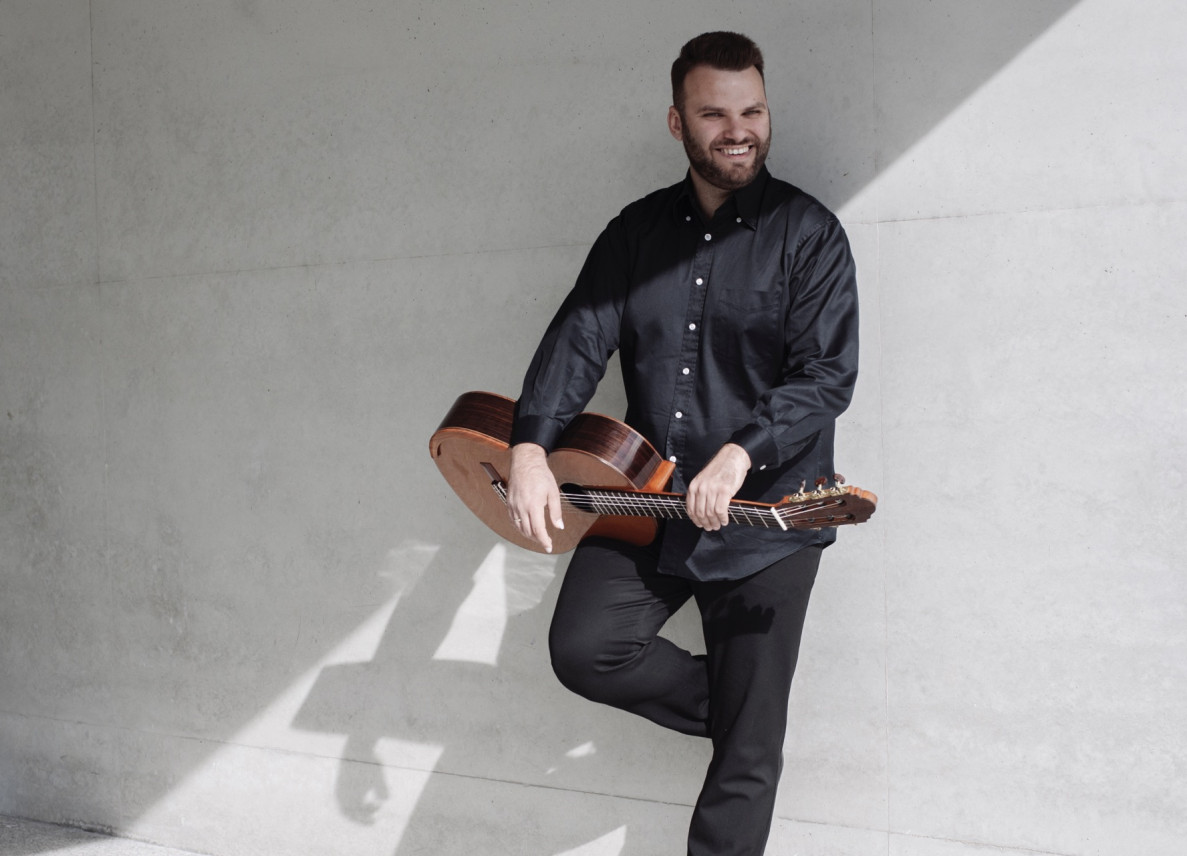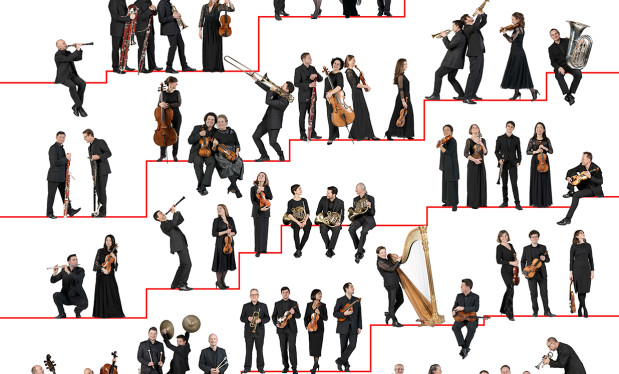Guitar or sitar? / NOSPR / Foster / Kuropaczewski - NOSPR
Guitar or sitar? / NOSPR / Foster / Kuropaczewski
The beginnings of the European guitar are unclear. Researchers believe, however, that it evolved from the lute and the Spanish vihuela. The name has Greek roots, or possibly even earlier, close to the Persian sitar. Although its popularity peaked in the nineteenth and twentieth centuries, earlier composers also wrote for it, including Antonio Vivaldi. His Concerto in D major, RV 93, originally for lute, beguiles the listener in its second movement with the original timbre of the plucked instrument combined with pizzicato strings. This Baroque work will be juxtaposed with the first performance of a Concerto by the contemporary American pianist and composer Marc Neikrug, close to a postmodern aesthetic. The programme is completed by Johannes Brahms’s popular Hungarian Dances and majestic Third Symphony in F major, Op. 90, with its first-movement motif F-A-flat-F, the composer’s ciphered motto ‘Frei aber froh’ (‘free, but happy’).
[Bartosz Witkowski, translated by John Comber]
Duration of the concert (including break): approx. 100 minutes
Upcoming events

JazzKLUB / Rudi Mahall's Almost Danish Quartet / Standards with a Playful Twist
Chamber Hall
Buy ticket













